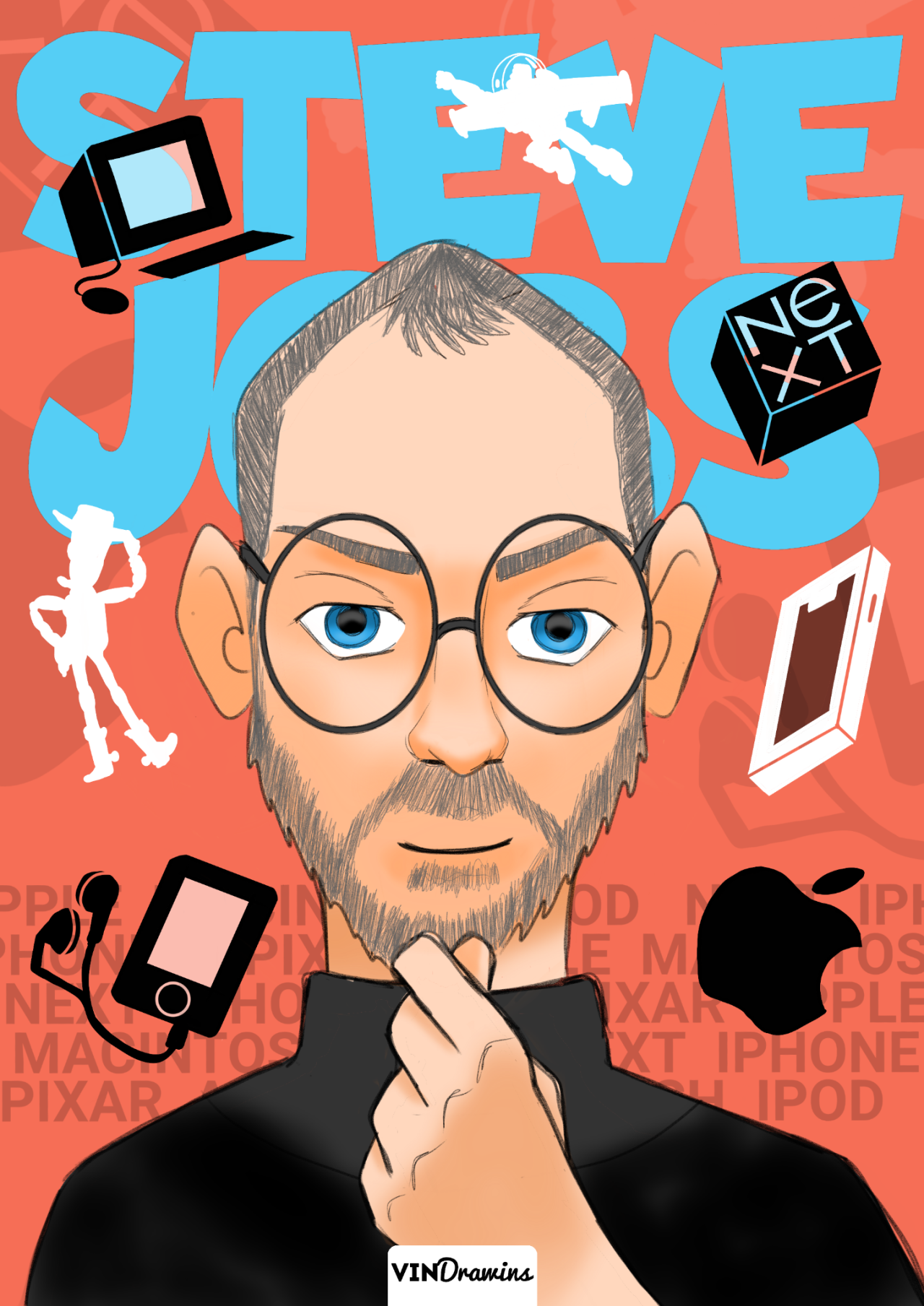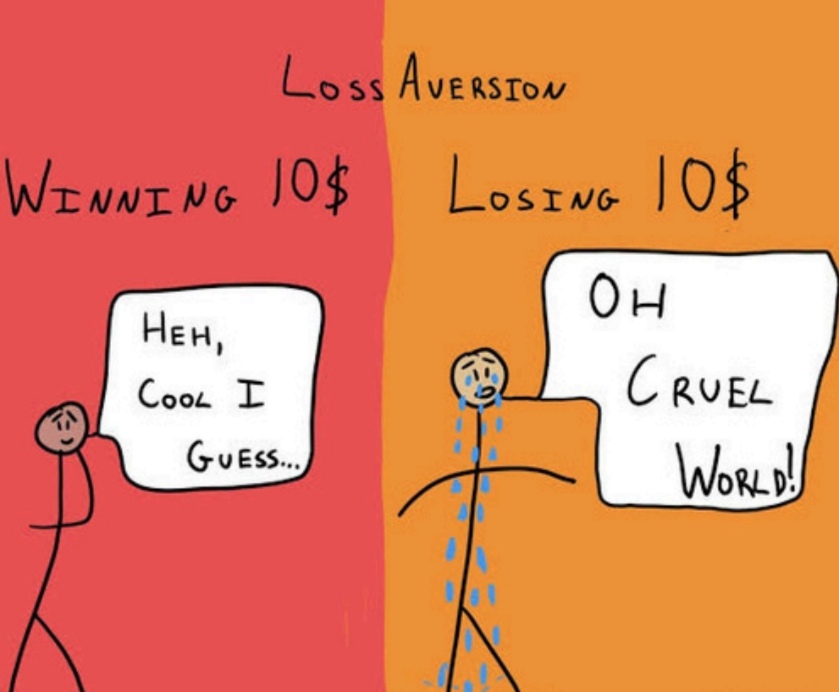Back
Only Buziness
Everything about Mar... • 9m
“Loss Aversion: The Psychology Behind Why We Buy” Loss aversion is a psychological principle from behavioral economics that says people feel the pain of loss twice as strongly as the pleasure of a gain. Smart businesses use this by framing offers in terms of what the customer might lose if they don’t act — not just what they’ll gain. For example, instead of saying “Get ₹500 off,” a business might say “Don’t miss ₹500 in savings.” Free trials that say “Your access ends in 24 hours” also tap into this fear of loss. Companies like Spotify, Netflix, and Amazon Prime use this tactic to drive sign-ups, renewals, and quick actions. Follow for more Only buziness
Replies (1)
More like this
Recommendations from Medial
Only Buziness
Everything about Mar... • 8m
“Feel First, Act Fast: How Emotional Framing Experiments Shape Decisions” Emotional framing is the art of presenting the same message in different emotional tones to influence perception and action. Marketers run experiments to test which emotion
See MoreOnly Buziness
Everything about Mar... • 8m
“Same Facts, New Feeling: How the Framing Effect Shapes Customer and Audience Behavior” The Framing Effect is the idea that the way information is presented—rather than the facts themselves—can dramatically influence decisions. In business and media
See MoreMohammad Asaad Sayed
My mind to me a king... • 1y
Fear Marketing: The Tactic That Sells by Triggering Anxiety Fear marketing is a psychological marketing strategy that leverages fear, uncertainty, or anxiety to drive consumer action. It works because humans are wired to avoid pain more than they se
See MoreOnly Buziness
Everything about Mar... • 7m
“Fear of Missing Logic: How Brands Turn Scarcity Into Seemingly Rational Urgency” Fear of Missing Logic is a cognitive shortcut where people justify irrational decisions based on the fear of being left out. It’s closely linked to FOMO (Fear of Missi
See MoreDownload the medial app to read full posts, comements and news.













/entrackr/media/post_attachments/wp-content/uploads/2021/08/Accel-1.jpg)





















